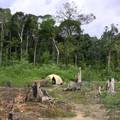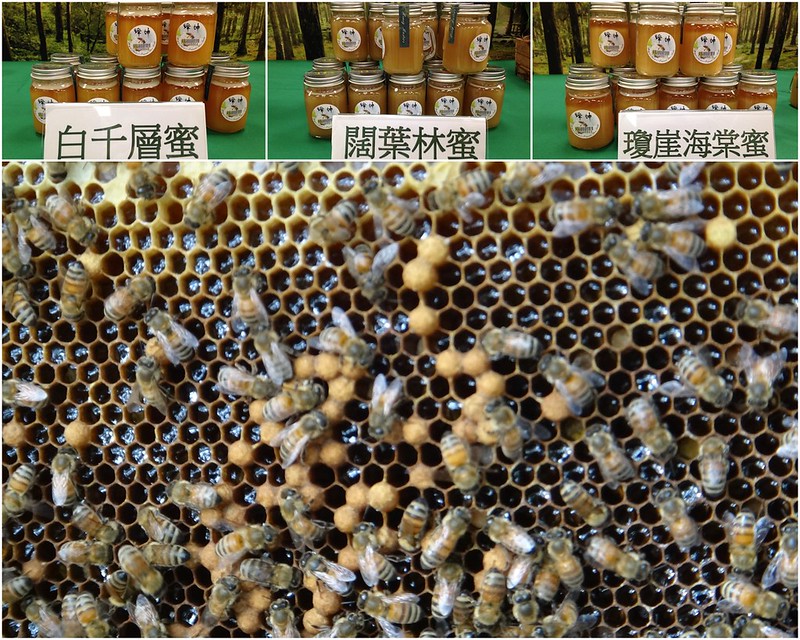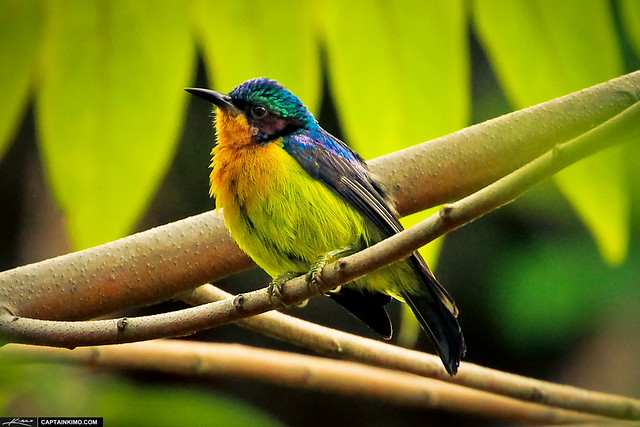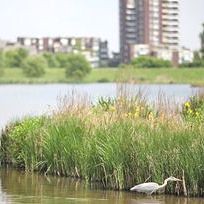 世界衛生組織今天新發表的報告中指出,潔淨的水源、清淨的空氣、豐富的野生動物、及相對穩定的氣候,是支持著地球上生命的全球生態系統。然其中卻有60%資源,因為不當的使用而遭受汙染或濫用,進而對人類健康造成負面影響。
世界衛生組織今天新發表的報告中指出,潔淨的水源、清淨的空氣、豐富的野生動物、及相對穩定的氣候,是支持著地球上生命的全球生態系統。然其中卻有60%資源,因為不當的使用而遭受汙染或濫用,進而對人類健康造成負面影響。
在這份《生態系及人類福祉之綜合健康報告》中,探討了健康的維護、自然生態系的生物多樣性及人類健康之間的複雜關係。
世界衛生組織總幹事李鍾郁表示:「過去50多年間,人類比歷史上其他時期更快速且大規模地改變自然生態系。而這樣的轉變,確實對人類的衛生、福利及經濟收益均有相當貢獻。」但他接著指出,在這轉變過程所帶來的好處,卻並未平均分布在所有地區及人類身上。
科學家在報告中警告,生態系的衰退造成嚴重的後果,已經體現在人類健康層面,並且在未來50年會更加嚴重。
該報告主要作者,普渡大學科瓦蘭博士說,也撰寫人說:「人類的確是有受惠,但是這好處並未被公平的被分享。而我們現在所面對的生態系統衰退危機,特別是貧窮地區的人們賴以生存的自然生態系,更必須加以重視。」
人類有許多嚴重的疾病都是源自於動物,改變疾病帶原者或載體的動物族群棲地,將會影響人類健康。報告中解釋說,這有時有利,有時則有害。
有時環境狀況和疾病傳播之間的關係是複雜的。舉例來說,曾引發馬來西亞腦炎的立百(Nipah)病毒,一般相信是發生在印尼森林大火後,驅使帶原的蝙蝠飛到馬來西亞,而使病毒感染高密度畜養的豬隻,然後再傳染給人。
報告指出,高度集約飼養家畜,一方面提供人類營養,改善人類健康情況,但另一方面也會創造有利於疾病產生的環境。
此外,森林被破壞造成人類與野生動植物及野生動物肉品(叢林肉,bush meat)的接觸機會增加,再加上人類飲食習慣的改變,都為疾病傳播創造機會。
從為了畜牧而砍伐森林的行為,到氣候所造成的棲地變化,皆造成蚊子、壁虱、蠓等族群的衝擊,並改變如瘧疾和萊姆病等疾病的傳染方式。
森林消失也使得天災加劇,如洪水及土石流,減少作物收成,而危害健康。這會使家庭健康狀況受損,再加上飲食的缺乏,造成孩童生理、心理發展的傷害。再者,會使農人生計受損,限制他們的孩子的機會。
報告宣稱,生態系的壓力在未來將對健康產生無法預期的潛在嚴重衝擊。
Sixty percent of the benefits that the global ecosystem provides to support life on Earth - fresh water, clean air, abundant wildlife, and a relatively stable climate - are being degraded or used unsustainably with negative effects on human health, finds a new report released today by the World Health Organization.
"Ecosystems and Human Well-being: Health Synthesis," explores the complex links between the preservation of healthy and biodiverse natural ecosystems and human health.
"Over the past 50 years, humans have changed natural ecosystems more rapidly and extensively than in any comparable period in human history," said Dr. Lee Jong-wook, director-general of the World Health Organization. "This transformation of the planet has contributed to substantial net gains in health, well-being and economic development," said Dr. Lee, adding that not all regions and groups of people have benefited equally from this process.
In the report, scientists warn that harmful consequences of ecosystem degradation to human health are already being felt and could grow worse over the next 50 years.
"The benefits should be acknowledged," said Dr. of Purdue University, WHO's lead author on the report. "But these benefits are not enjoyed equally. And the risks we face now from ecosystem degradation, particularly among poor populations directly dependent on natural ecosystems for many basic needs, has to be addressed."
Many serious human diseases have originated in animals, and so changes in the habitats of animal populations that are disease vectors or reservoirs, may affect human health, sometimes positively and sometimes negatively, the report explains.
Sometimes the environmental circumstances leading to disease transmission are complex. For example, the Nipah virus is believed to have emerged after forest clearance fires in Indonesia drove carrier bats to neighboring Malaysia, where the virus infected intensively farmed pigs, and then crossed to humans.
Intensive livestock production, while providing benefits to health in terms of improved nutrition, has also created environments favorable to the emergence of diseases, the report points out.
Increased human contact with wild species and "bush meat" as a result of encroachment in forests and changes in diet also create opportunities for disease transmission.
Trends ranging from forest clearance to climate-induced habitat changes also appear to have impacted certain populations of mosquitoes, ticks and midges, altering transmission patterns for diseases like malaria and Lyme disease.
Deforestation also endangers health by intensifying the effects of natural disasters such as floods and landslides, resulting in reduced crop yields. This impairs the nutritional status of households and diet deficiencies harm children's physical and mental development. In turn, this can impair the livelihoods of farmers and limit the options open to their children.
Pressures on ecosystems could have unpredictable and potentially severe future impacts on health, the report states.







